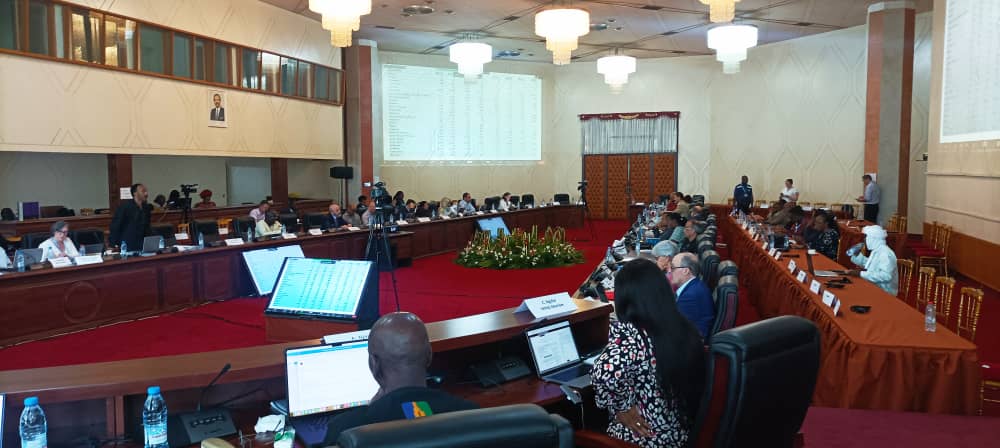Comments on the Yaoundé Declaration by Susan Mochache
- March 27, 2024
- malaria ministerial meeting / Susan Mochache / Yaoundé Declaration
- By Susan Mochache
- Read in French

The malaria ministerial meeting, which gathered ministers from the 11 African malaria high-burden countries in Yaoundé, Cameroon, concluded with the powerful and unified endorsement of the “Yaoundé Declaration,” a manifesto for a malaria-free future.
It calls for:
· Strengthened political will at all levels, from heads of state to community leaders
· Improved healthcare systems, leveraging technological advancements
· Multi-sectoral action encompassing education, finance, and climate change
Aiming not to let anyone die from malaria, the declaration sets an ambitious yet necessary goal, embodying a commitment to surmount the disease’s challenges. It urges leveraging e-learning for health worker training and advocates for collaborative partnerships for resource mobilization and innovation, which are crucial for developing new strategies against malaria.
The declaration’s recognition of multisectoral action and coordination is particularly noteworthy, as it stresses that malaria elimination cannot be achieved in isolation. The commitment to a strong healthcare workforce and national health systems is the backbone of effective disease control efforts.
In summary, the Yaoundé Declaration can potentially be a turning point in the battle against malaria in Africa. It symbolizes a comprehensive, adaptable, and united approach that could significantly improve health outcomes across the continent.
Let’s work together for a malaria-free future!”